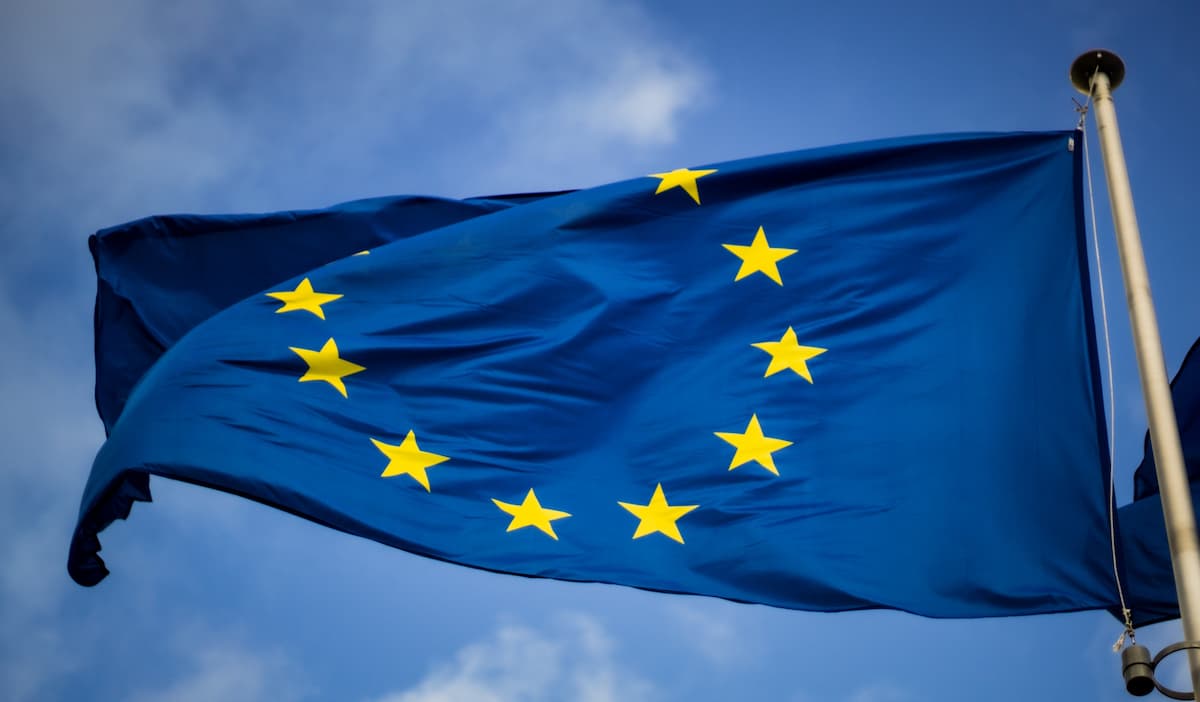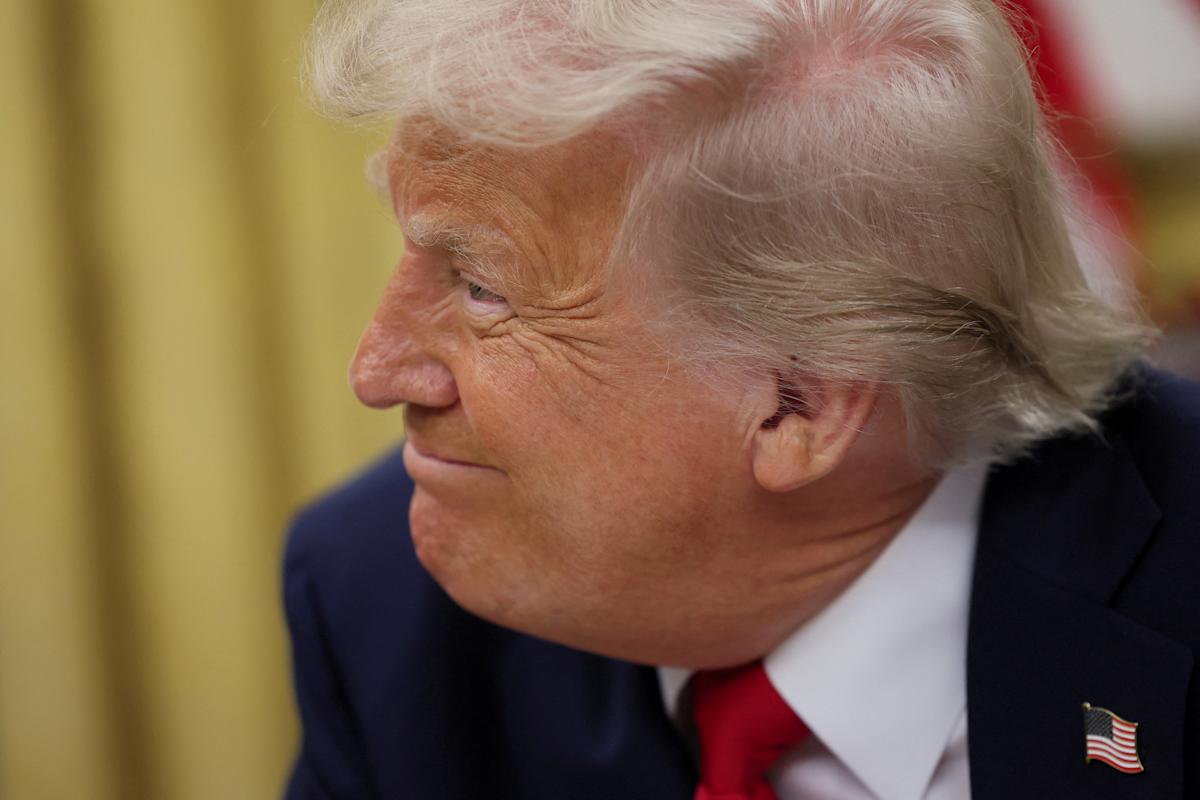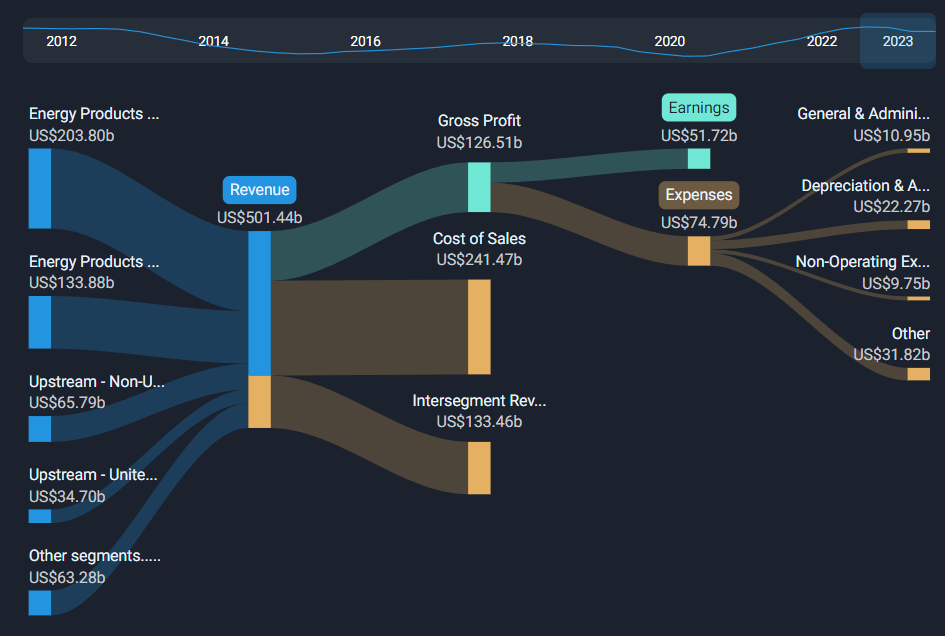Financial Titans Demand EU Retain Critical Corporate Accountability Safeguard

In a passionate plea to European lawmakers, a coalition of 30 investors and human rights champions is fighting to preserve a critical financial review clause within the Corporate Sustainability Due Diligence Directive (CSDDD). The group is pushing back against an omnibus proposal that threatens to eliminate this crucial provision, which could significantly impact corporate accountability and responsible business practices.
The diverse group of stakeholders argues that the financial review clause is essential for ensuring transparency and holding companies responsible for their environmental and social impacts. By maintaining this clause, European regulators can create a more robust framework for corporate sustainability and human rights protection.
Their collective voice underscores the importance of maintaining rigorous oversight mechanisms that can help drive meaningful change in corporate behavior across the continent. The investors and advocates believe that removing this clause would weaken the directive's potential to create substantial, positive transformations in how businesses approach sustainability and social responsibility.








